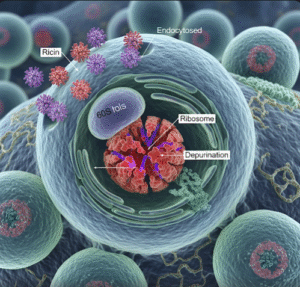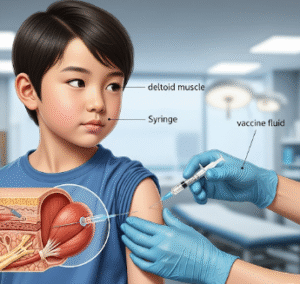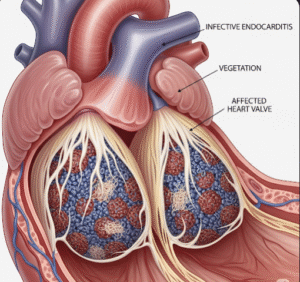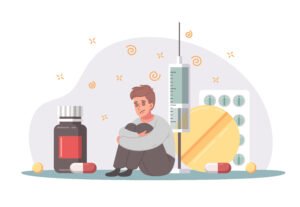Overview
Corpus callosum disorders are conditions affecting the corpus callosum, the thick band of nerve fibers that connects the brain’s left and right hemispheres. These disorders can be congenital (present at birth) or acquired due to injury, infection, or disease. They can impact cognition, motor skills, and coordination, and may also cause developmental delays or neurological deficits. South Korea offers advanced diagnostic tools and multidisciplinary care for patients with these disorders.
What are Corpus Callosum Disorders?
Corpus callosum disorders include agenesis (complete or partial absence), hypoplasia (underdevelopment), dysgenesis (malformation), or damage from trauma or stroke. The corpus callosum is crucial for interhemispheric communication, and any disruption can affect motor coordination, learning, speech, and social behavior.
Symptoms
Symptoms vary depending on the type and severity of the disorder and may include:
- Developmental delays in children
- Intellectual disability or learning difficulties
- Difficulty coordinating movements (ataxia)
- Poor hand-eye coordination
- Speech and language delays
- Seizures or epilepsy
- Social or behavioral challenges
In milder cases, symptoms may be subtle and only discovered during imaging studies for unrelated issues.
Causes
Corpus callosum disorders can result from:
- Genetic mutations or syndromes (e.g., Aicardi syndrome, Andermann syndrome)
- Prenatal exposure to infections, toxins, or drugs
- Birth complications or hypoxia (low oxygen levels)
- Traumatic brain injury
- Stroke or tumors affecting the corpus callosum
Risk Factors
- Family history of corpus callosum disorders or congenital brain malformations
- Maternal infections or drug use during pregnancy
- Premature birth
- Chromosomal abnormalities
- Neurological conditions in parents or siblings
Complications
- Intellectual disability or cognitive impairment
- Motor skill deficits and coordination problems
- Seizures or epilepsy
- Speech and communication difficulties
- Behavioral and social challenges
- Learning disabilities
Prevention
While congenital corpus callosum disorders cannot always be prevented, the following measures may reduce risk:
- Regular prenatal care
- Avoiding alcohol, smoking, and illicit drugs during pregnancy
- Managing chronic health conditions in the mother
- Screening for infections and genetic counseling if there is family history
- Early developmental assessments for newborns
Treatment Options in Korea
South Korea provides comprehensive care for patients with corpus callosum disorders through pediatric neurology, rehabilitation medicine, and genetic counseling:
- Diagnosis
- MRI and CT scans for structural assessment
- Genetic testing to identify underlying syndromes
- Developmental evaluations by pediatric neurologists
- Medical Management
- Anticonvulsants for seizure control
- Medications for associated neurological or behavioral conditions
- Rehabilitation and Therapy
- Physical therapy to improve coordination and motor skills
- Occupational therapy for daily activities
- Speech and language therapy for communication challenges
- Cognitive and behavioral therapy for learning and social skills
- Multidisciplinary Clinics
- Hospitals in Korea such as Seoul National University Hospital, Samsung Medical Center, and Asan Medical Center offer integrated care with neurologists, therapists, and psychologists for optimal outcomes.
- Long-term Support
- Educational support and special schooling for children with developmental delays
- Ongoing monitoring and adjustment of therapies
- Counseling and support for families













